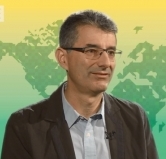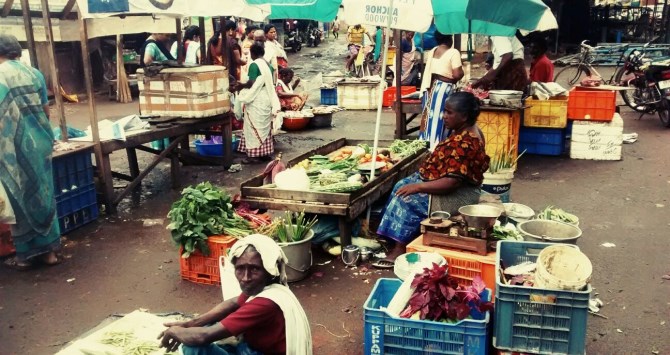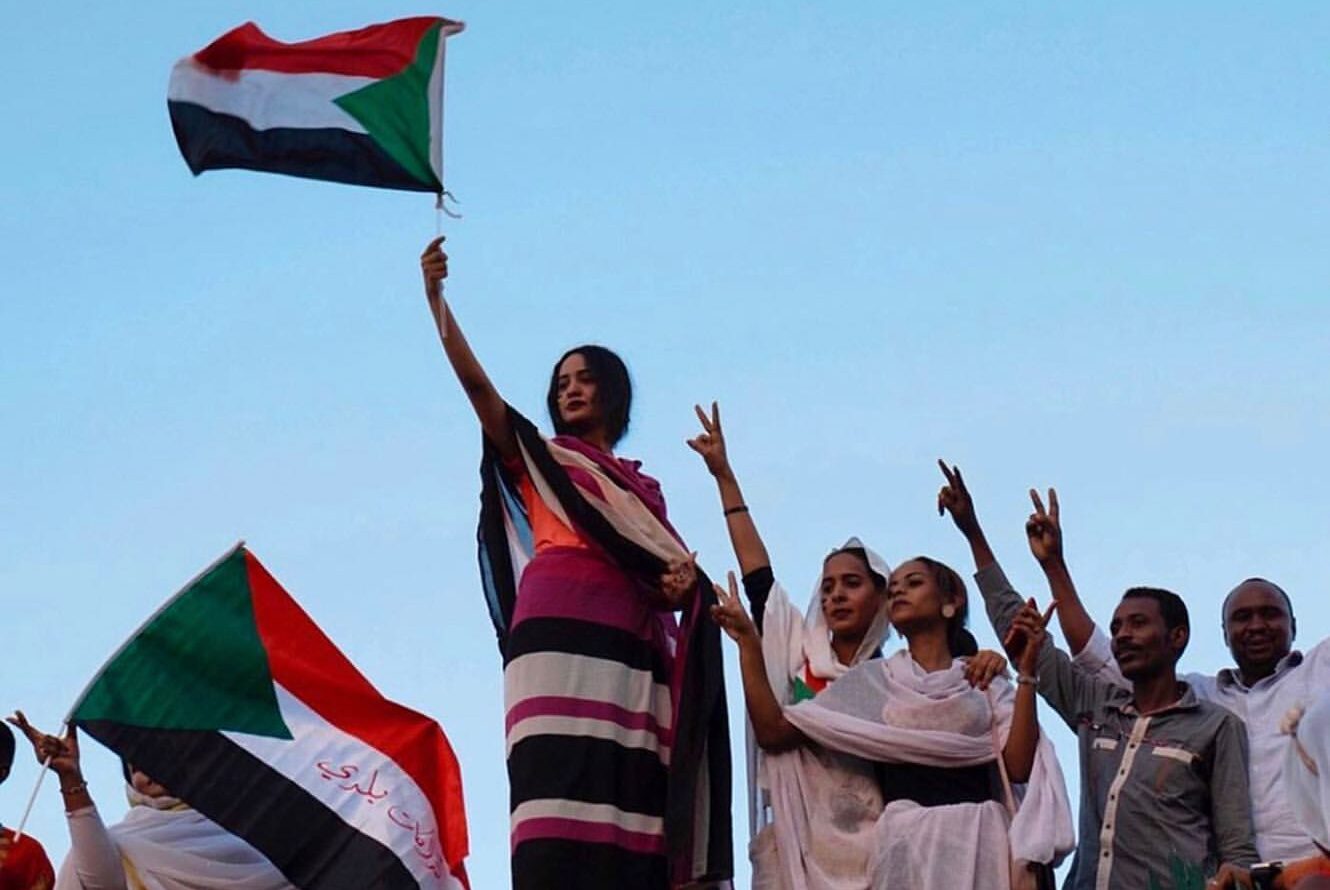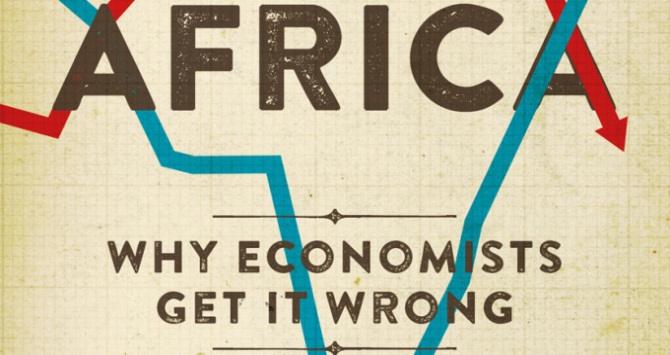 This week LSE academic developer Dr Colleen McKenna reported on The Great Lecture Notes Debate for the LSE Teaching Blog, summarising the arguments and speaking to Professor Jean-Paul Faguet about what happens next.
This week LSE academic developer Dr Colleen McKenna reported on The Great Lecture Notes Debate for the LSE Teaching Blog, summarising the arguments and speaking to Professor Jean-Paul Faguet about what happens next.
At the end of last term, Professor Jean-Paul Faguet initiated The Great Lecture Notes Debate on the International Development blog. The debate was framed by the question ‘Should lecture notes be circulated in advance?’ and Jean-Paul encouraged contributions from academics and students across LSE and beyond. The debate was motivated by Jean-Paul’s wish to stimulate a discussion, not just about the distribution of lecture notes, but also, as he indicated in his opening post, about the ‘nature of knowledge’ and the learning processes that underpin the use of notes in lectures. (All the academics who took part in the debate provided lecture notes to students, but the overarching concern here was whether notes should be circulated before the lecture and, if so, what form they should take.)
Emerging themes
Over a course of three weeks, there were postings and comments from academics and students, and I contributed a final post which reported on research into the impact of note taking in lectures upon student achievement, which was re-posted here as Monday’s resource.
Themes that emerged included
- the process of taking/making notes in lectures and the resultant learning,
- the varied formats of lecture notes,
- how students use notes and why they value them,
- rationale for providing advance notes,
- ways in which the rhetorical features of a lecture might aid student understanding.
A consideration of how students learn in lectures was a recurrent topic.
Follow-up conversation with Professor Jean-Paul Faguet
 Earlier this week, I had a conversation with Jean-Paul who reflected on the process and impact of the online ‘debate’. We started by discussing the central analogy in his second post in which he compares note taking and, by extension, learning in lectures to physical training:
Earlier this week, I had a conversation with Jean-Paul who reflected on the process and impact of the online ‘debate’. We started by discussing the central analogy in his second post in which he compares note taking and, by extension, learning in lectures to physical training:
‘Learning is difficult, not in a physical way but in a mental way and so I used that analogy of a workout: at the end of the workout you’re in a bit of pain, your muscles are torn in that way that’s necessary for muscle growth but you know that they get better and you have to do it. But you also feel that along with the pain comes some kind of elation because you made the 10 mile run or you rowed on the river … And so, there’s an analogy there as well, [in terms of learning] that you haven’t understood everything but you recognise that you’ve understood more than you knew before …’
For me, this figurative account of learning as demanding and sometime uncomfortable resonates with the ‘troublesome’ nature of knowledge as expressed in research into threshold concepts.
Using a blog to explore pedagogy
The debate appeared on the teaching thread of the ID blog which has traditionally been about ‘reporting back’ on teaching and courses, but this was the first time that the blog had been used as a forum for exchanges on education issues and Jean-Paul suggested that this conversation was designed to ‘prompt change’:
‘The blog is fairly new and one of the sections is meant to be “notes from the academy” which is a broad title to cover people’s thoughts about teaching … and interesting things that are going on with the students, but up to now it’s been a kind of reporting back … whereas this [The Great Lecture Notes Debate] was more of a discussion; this was meant to be prompting change.’
One of the features of this work that particularly interested me was the public nature of the dialogue and I asked Jean-Paul why he had decided to use the blog to address the question of lecture notes?
‘I expected this to be a discussion that was overwhelmingly internal – so we might have done it by Moodle … but the issues we were discussing weren’t sensitive and they weren’t something I wouldn’t want to share with the outside … I thought it [the ID blog] would give students in particular … an incentive to think through and write down their thoughts.’
While there were fewer contributions than Jean-Paul would have liked, there was nonetheless a post comprised entirely of student contributions as well as student comments elsewhere on the blog.
Next steps

Jean-Paul hopes that the conversation from the blog will be continued in departmental meetings this term and he plans to write a summary post weaving together the threads of the discussion. In terms of his own practice, he said that he will reconsider the way he develops lecture notes:
‘The whole experience forced me to think more carefully through what I do … So what I think I’ve learned through all of this – and the final post [on research into lecture handouts] was critical in that – it’s important to circulate stuff in advance but circulate the stuff that students need … like definitions, terms, graphs and charts … the skeleton [of the topic] – not the expansive lecture notes.’
Such a pared down set of notes would form the ‘raw materials’ that students need to then ‘assimilate’ the ideas for themselves. Jean-Paul concludes that ‘the real value of the lecture is what happens there in the room and it happens verbally’.
I’ve found the different perspectives fascinating and I look forward to further conversations about education on the International Development blog.
This blog was originally published on the LSE Teaching Blog on 15 January 2015. The full article is available to view here.
Related Posts





